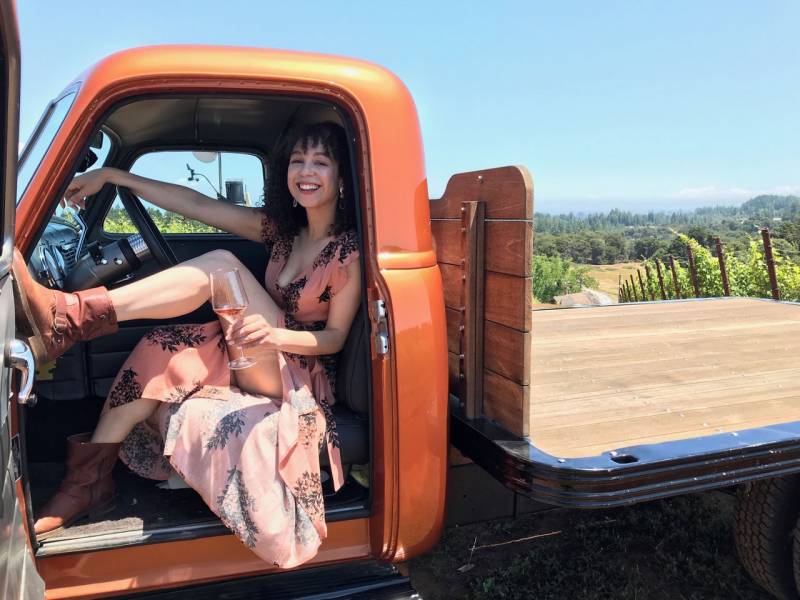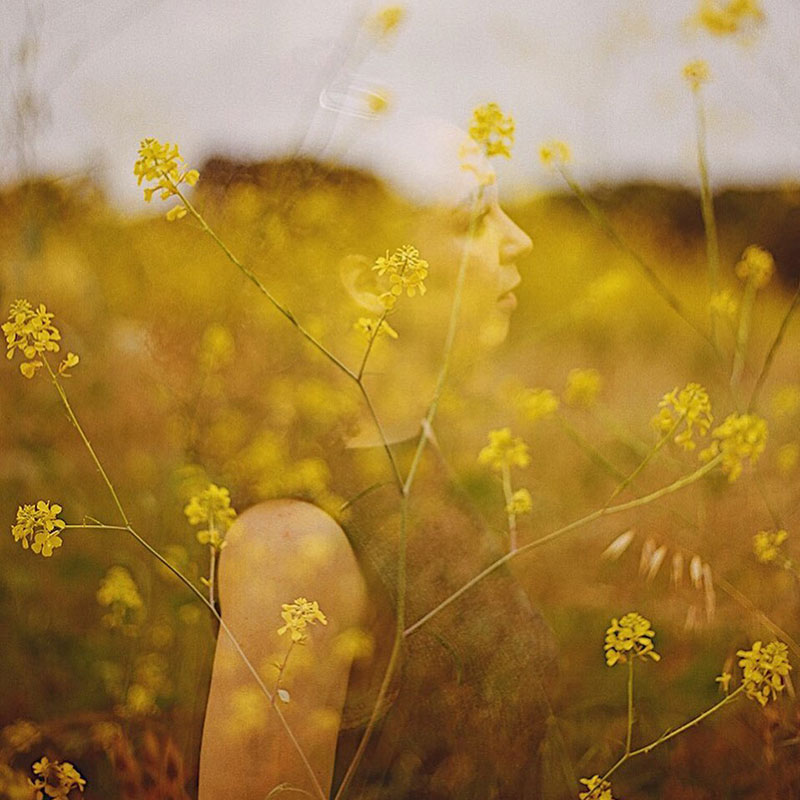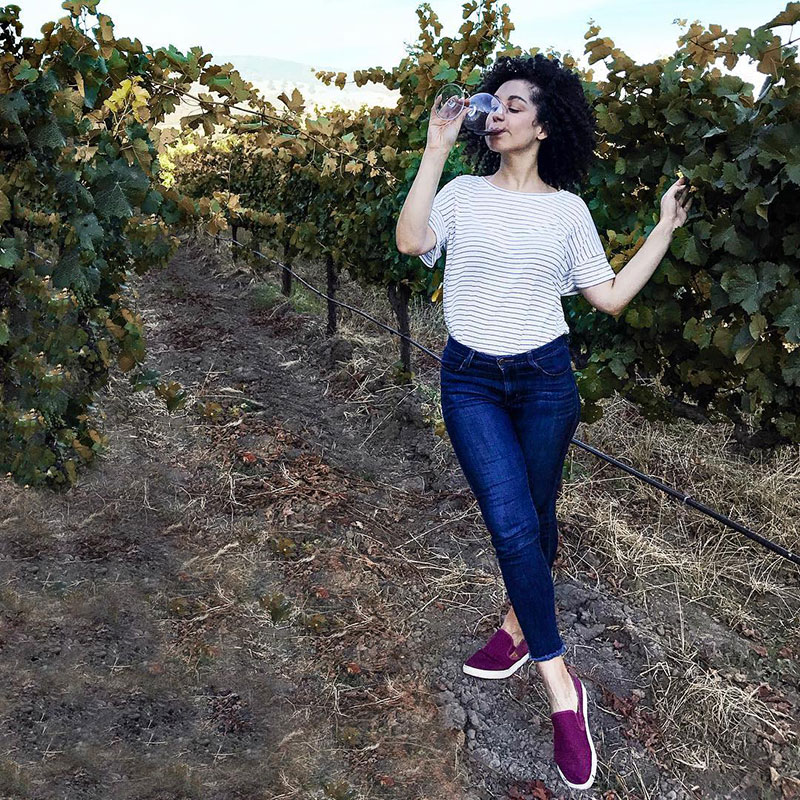I am what’s known as an “influencer.” I know, I know—it’s hard to say “influencer” without a tone of derision, and I’d argue there’s good cause for that. Influencers are known for shamelessly taking photos in public, often posing for forced lifestyle images that feel cheap and cheesy. Influencers will tag just about anything, right on down to a fruit drink, in a post that links items for sale, from which they earn a commission. Just a couple weeks ago, an influencer used the eerie wildfire-orange skies of San Francisco as a backdrop to sell a $200 orange tulle dress.
So when it comes to mocking influencers and how they are generally seen? I get it.
But the influencer space is also female-dominated. It’s an arena that gives women a platform on which to become very successful, and to be their own boss, with very little investment. That’s part of why it’s mocked, I believe: because it is a predominantly female industry.
I am Black. I am biracial. I am a Black, biracial, person-of-color influencer. And while there’s certainly no shortage of influencers here in wine country, the pool is significantly smaller for Black biracial POC influencers. This sometimes plays to my advantage, but it also means I’m left feeling like the “diversity token” at many local winery and hospitality events.





